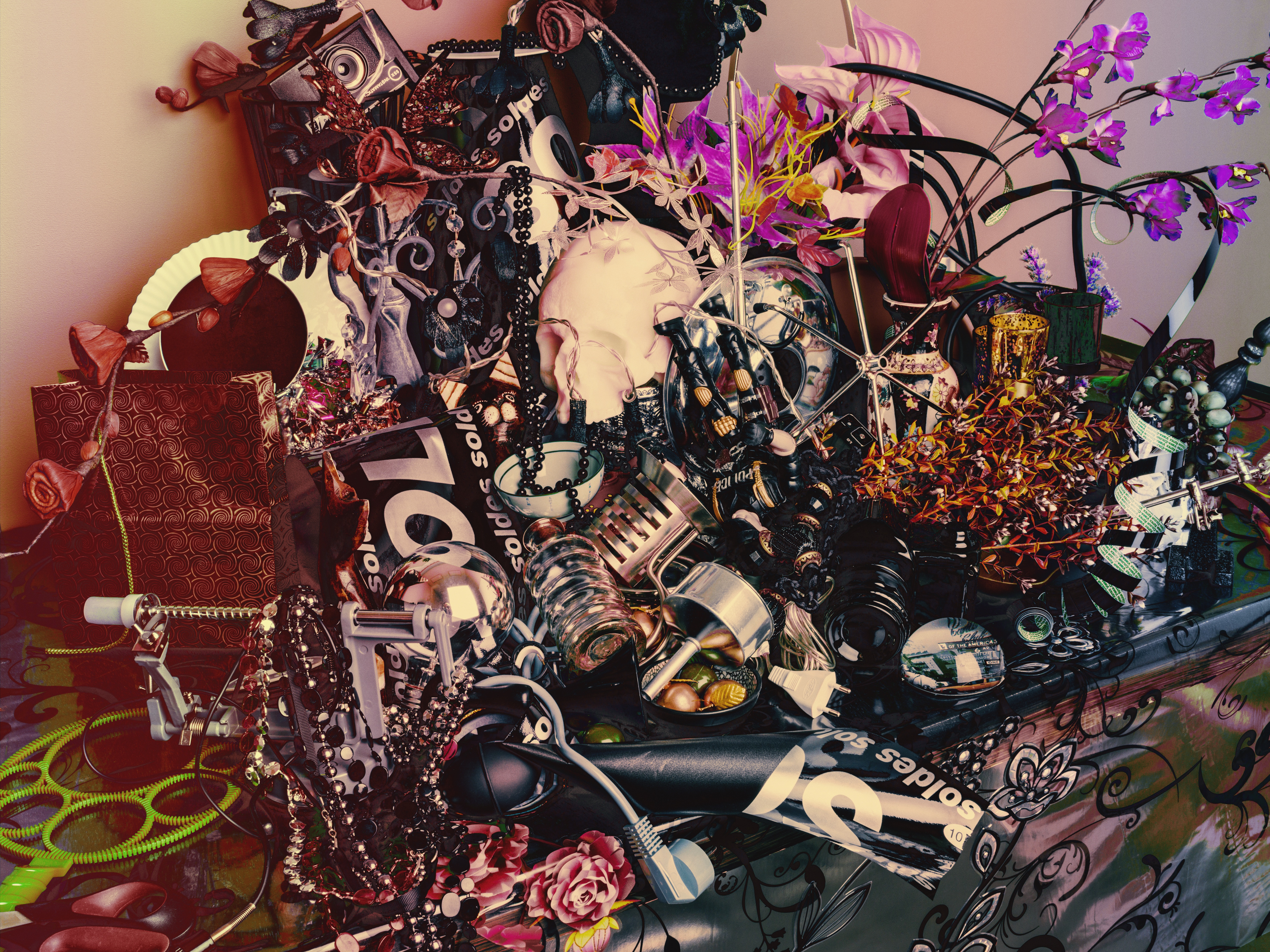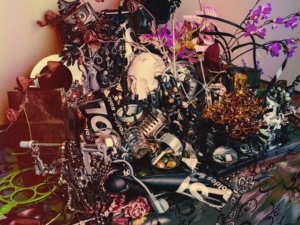
“What counts as experience,” historian Joan W. Scott writes in “The Evidence of Experience,” “is neither self-evident nor straightforward; it is always contested, and always therefore political.” Reality TV, which offers carefully constructed simulations of unfiltered life, is an ongoing dramatization of that struggle. If it once seemed possible to take “experience” for granted — it’s just whatever happened, that’s all — reality TV has made that impossible. This is how experience counts, reality shows say. It’s all in the edit you receive, as Colson Whitehead suggested in a 2015 essay for the New York Times Magazine.
It’s a mistake to think of reality TV as attempting a representation of a reality outside it. Outside and inside reality TV is as useless a set of oppositions as online and IRL. The distinction between on- and off-screen has become untenable, for all the screens. We’re all on and off screens simultaneously; it makes no sense to differentiate between them as if they were separate conditions. Instead, reality TV is an extension of reality. It’s continuous with it. We might direct our lives for an imaginary camera and play to an imagined audience, but this never creates the backstage we might hope for — a place where the cameras go off and the audience goes away. Try as we might, we can no longer compartmentalize and disavow what we dislike about our reality or ourselves by trapping it behind glass, or even imagining that we could.
Earlier this year, when we featured essays about reality television, we suggested that reality TV lulled viewers into a false sense of superiority to the lives they were viewing, even as it normalized the condition of total exposure. It plays to our desire for disavowal even as it extends the conditions that forbid it. This makes our relation to reality TV fundamentally ambivalent. Its stars attract us as they repel us, living a life that seems both glamorous and banal, exquisite and unbearable. They are scapegoats, or voodoo dolls, or wishes coming true by going wrong.
We are not only watching the shows but they seem to watch us, play to our anticipated reactions, give value to our attention, as if watching made you a performer too. It is as if you are with them, so you can’t pretend to be them. Reality TV abolishes vicarious participation by destroying the distance that makes it possible; instead there is a mediated co-presence that dissolves aspiration into companionship, envy, contempt — anything but empathy.
This week we look more closely at the ambivalence of watching reality TV and our complicity with its rendering of experience. Alex Molotkow writes about The Anna Nicole Show, once sold as a “train wreck” but now reclaimed for an inevitable redemption story. And Michael Thomsen’s essay approaches the roots of American reality TV from two angles: the evolution of the reality TV channel TLC from a state-sponsored educational initiative to a for-profit channel focusing on dramatizing people’s suburban lives as extreme, and through a journeyman filmmaker’s stumbling on the characteristic reality TV approach as a way of coping with his cancer diagnosis. The first offers exploitation as economic salvation; the second, a protocol of self-exploitation as self-healing. The intertwining of these threads speaks to how reality TV shapes our sense of what experience counts for today. Reality TV is a prolonged fantasy about meaningful work, about life and work merged seamlessly in the lens of cameras and the attention of rapt audiences. In the world we cohabit with it, consuming each other may be the only work left to do.
Featuring:
“Human Sacrifice,” by Alex Molotkow

“Trash TV,” by Michael Thomsen
